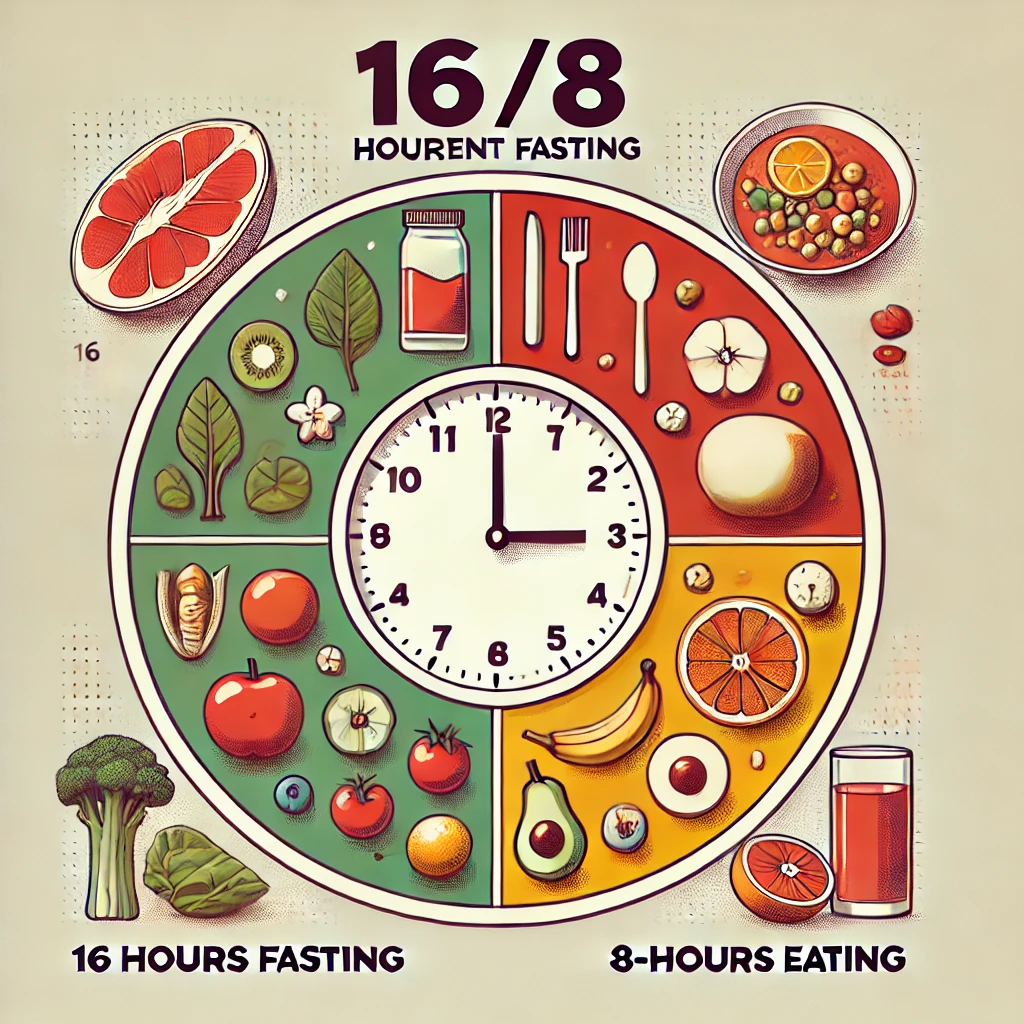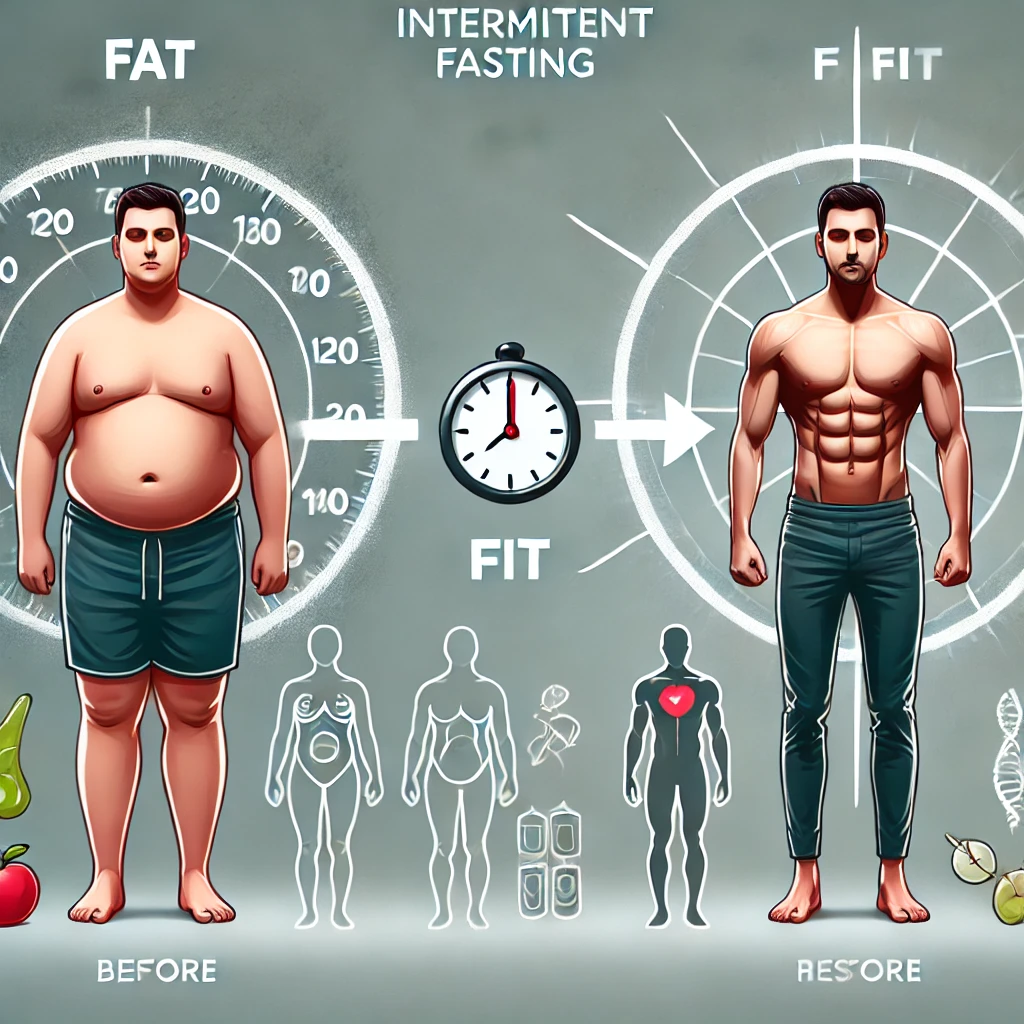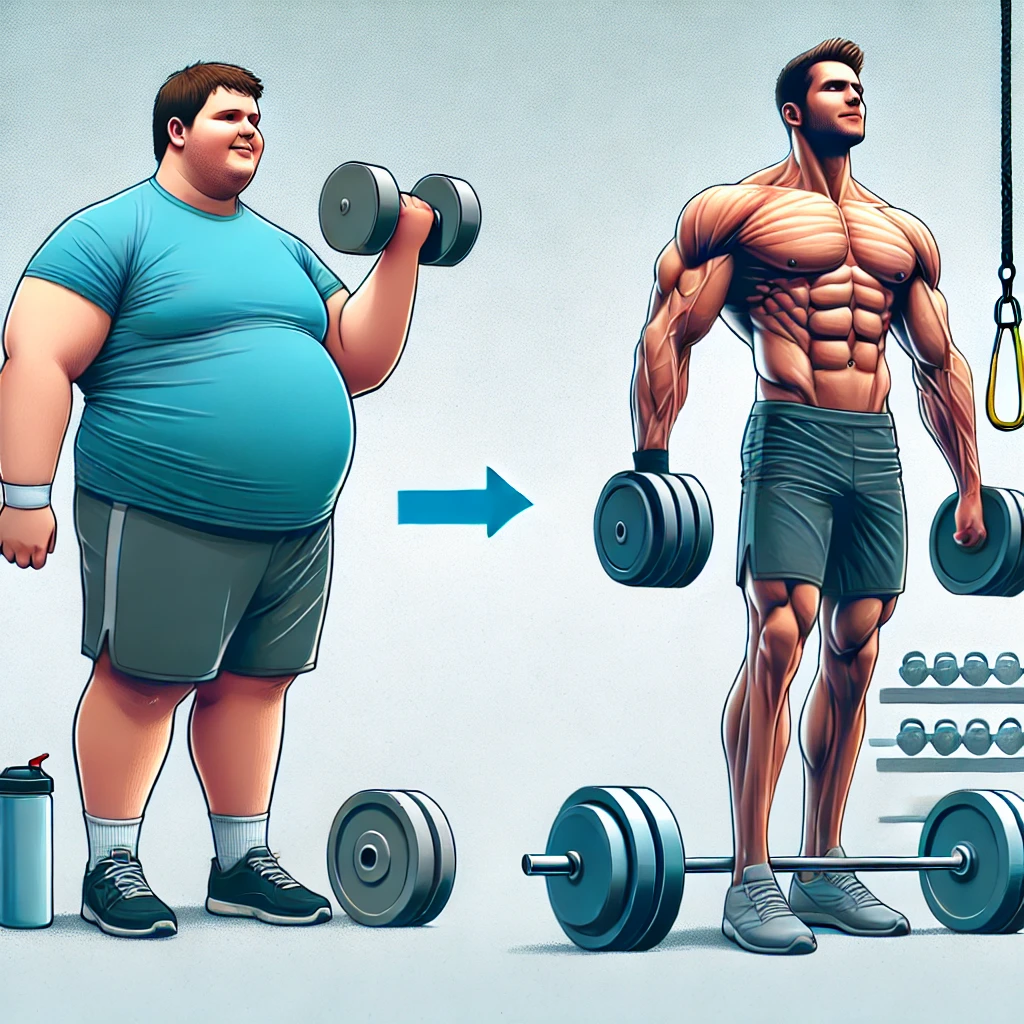Intermittent fasting is a way of organizing your eating schedule by alternating between periods of eating and fasting. Instead of focusing on what foods you can or can’t eat, it emphasizes when you eat. The idea is to give your body breaks from food, allowing it to burn stored fat and trigger other health benefits like better metabolism and cellular repair.
Common intermittent fasting methods include time-restricted eating (such as the 16/8 method), alternate-day fasting, and longer fasts like the 24-hour “Eat-Stop-Eat” approach. This method is used for weight management, improved metabolic health, and other potential health benefits.
In this article, you learn the benefits of intermittent fasting and understand its approach.
Understanding the Core of Intermittent Fasting

Intermittent fasting involves dividing your day or week into eating and fasting windows. There are several approaches to this, but the most common ones include:
- The 16/8 hour Method: It involves fasting for 16 hours each day and eating during an 8-hour window. if you choose to eat between 12 PM and 8 PM, you would fast from 8 PM the previous evening until noon the next day. This allows you to eat two or three meals within your 8-hour window, while your body spends the remaining 16 hours fasting. The logic behind the 16/8 method is that the extended fasting period allows your body to burn fat stores for energy while keeping you satisfied during the eating window.
- The 5:2 Day Method: For two days a week, you reduce your calorie intake to around 500-600 calories while eating normally for the other five days. if you decide to restrict calories on Monday and Thursday, you might eat normally on the other five days. On your fasting days, you could consume a small breakfast of around 200 calories and a light dinner of around 300 calories, keeping you within the 500-600 calorie range.
- Eat-Stop-Eat: In this approach, you fast for a full 24 hours once or twice a week. if you finish dinner at 7 PM on Monday, you would fast until 7 PM on Tuesday, completing a full 24-hour fast. During this period, you would only consume water, tea, coffee (without sugar or cream), or other non-caloric beverages. After the 24-hour fast, you will eat a normal meal and resume your usual eating pattern.
How does Intermittent Fasting Help with Weight Loss?

- Burning More Fat: When you’re fasting, your body switches from using food for energy to tapping into stored fat, especially when insulin levels are low. This natural shift makes intermittent fasting an effective way to encourage fat loss over time.
- Boosting Your Metabolism: Studies show that intermittent fasting can increase your metabolism, meaning you burn more calories even when you’re not doing anything. This makes it a helpful tool for weight loss, as your body continues to burn fat even when you’re at rest.
- Eating Fewer Calories: By simply limiting the hours in which you eat, you’re naturally cutting down on how much food you take in. Fewer meals mean fewer chances to snack or overeat, which helps create a calorie deficit.
- Curbing Hunger and Cravings: Many people find that fasting helps them better control their hunger. By sticking to specific eating windows, it becomes easier to manage portions and resist the urge to snack throughout the day.
- Balancing Hormones: Intermittent fasting has a positive effect on hormones that control hunger and fat storage. For example, fasting lowers insulin levels, and it increases norepinephrine a hormone that boosts fat breakdown.
Benefits of Intermittent Fasting to Achieve Your Weight Loss Goal

While weight loss is often the main reason people try intermittent fasting, this lifestyle offers a wide array of other health benefits that make it much more than just a weight management tool.
Heart Health Benefits: It can help lower blood pressure, decrease LDL (bad cholesterol), and reduce triglycerides in the blood, all of which are factors that contribute to a healthier cardiovascular system. With these improvements, your risk of heart disease can be significantly lowered.
Better Blood Sugar Control: The best advantage of intermittent fasting is its ability to improve insulin sensitivity. This means your body becomes more efficient at managing blood sugar levels, which can help lower the risk of developing type 2 diabetes. For those already dealing with blood sugar issues, intermittent fasting can be a supportive practice to keep levels more stable.
Reduced Inflammation: Inflammation is at the root of many chronic diseases, including heart disease, arthritis, and even cancer. Intermittent fasting has been shown to reduce inflammatory markers in the body, making it a powerful tool for minimizing long-term health risks and keeping your body in balance.
Brain Function and Protection: Fasting doesn’t just benefit your body—it’s good for your brain too. By increasing the production of brain-derived neurotrophic factor (BDNF), fasting can support brain health, improving cognitive function and potentially lowering the risk of neurodegenerative conditions like Alzheimer’s disease. BDNF helps neurons survive and thrive, which is essential for maintaining a sharp mind as we age.
Potential for Longer Life: Studies conducted on animals have shown that intermittent fasting can extend lifespan. While more research is needed to confirm similar effects in humans, the evidence so far suggests that by improving cellular health and reducing oxidative stress, fasting may help us live longer and healthier lives.
Lower Risk of Certain Cancers: Preliminary research indicates that fasting may reduce the risk of developing certain types of cancer. This is likely due to its ability to decrease inflammation, enhance immune function, and stimulate cellular repair. While fasting shouldn’t replace cancer treatments, it could play a role in prevention.
Cellular Maintenance and Repair: When you fast, your body triggers a process called autophagy, where it identifies and removes damaged cells and components. Think of it as your body’s way of cleaning the house—getting rid of the old and making room for the new. This process not only helps rejuvenate your cells but also plays a role in delaying the aging process.
Improved Digestive Health: Fasting gives your digestive system a much-needed break, which can lead to better gut health. Many people find that intermittent fasting helps reduce bloating, gas, and other digestive discomforts, leading to a more comfortable and efficient digestive system.
Increased Growth Hormone Production: Fasting significantly boosts levels of human growth hormone (HGH), which plays a crucial role in muscle growth, fat metabolism, and overall tissue repair. This can help you build lean muscle, reduce body fat, and improve overall physical health.
Conclusion
From improving metabolic health and heart function to supporting brain health and reducing inflammation, intermittent fasting offers a flexible approach to health management.
Yes! Drinking water throughout the day helps support your body’s functions and keeps you feeling more comfortable. It also helps prevent dehydration, especially when you’re not consuming food.
Yes, you can drink coffee during the fasting period as long as it’s black. Avoid adding sugar, cream, milk, or any sweeteners, as they contain calories and could break your fast. Black coffee can even help reduce hunger and boost energy levels while fasting.
Yes, tea is allowed during fasting, but it should be unsweetened and without milk or other additives. Herbal teas, green tea, and black tea are all good options, as long as they don’t contain calories.
A general recommendation is to drink at least 8 cups (64 ounces) of water per day. Depending on your body size, activity level, and climate, you may need more—up to 12 cups (96 ounces) or more.
It’s recommended to have a protein shake either before or after a workout during your eating window. If you need a pre-workout boost, time your workout closer to the start of your eating period so you can fuel your body properly.


